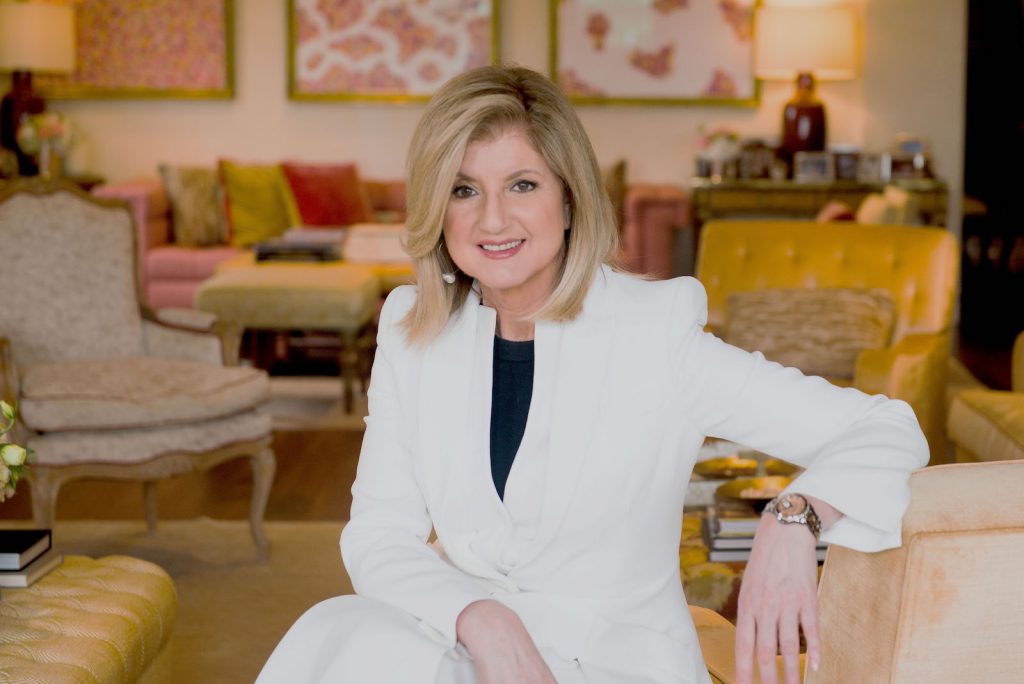 Everywhere I go, people come up to me and tell me about their sleep. Increasingly what I’m hearing is that people are using sleep to fuel their performance. In fact, one of the primary features of Thrive Global’s media platform, The Thrive Journal, is showcasing role models for how you can be successful without burning out. Like Amazon CEO Jeff Bezos, who told The Thrive Journal that not only does he get eight hours of sleep, but he does it because of the responsibility he feels toward his shareholders—because that’s what a good leader does.
Everywhere I go, people come up to me and tell me about their sleep. Increasingly what I’m hearing is that people are using sleep to fuel their performance. In fact, one of the primary features of Thrive Global’s media platform, The Thrive Journal, is showcasing role models for how you can be successful without burning out. Like Amazon CEO Jeff Bezos, who told The Thrive Journal that not only does he get eight hours of sleep, but he does it because of the responsibility he feels toward his shareholders—because that’s what a good leader does.
I’m also hearing a lot about how people have changed their thinking about sleep—how they used to believe being productive meant working late and not sleeping much, but have now seen the light. My own version of that wake-up call came in 2007, when I collapsed from exhaustion. After that, I made a lot of changes to my life as I learned more about the connection between well-being and productivity. That led to my two books, Thrive and The Sleep Revolution, and my founding Thrive Global. What I’ve learned since prioritizing well-being is that I’m not only moreproductive, but now I feel more present for those around me—and myself.
Sleep increases productivity because it’s deeply connected to all the elements that make up daily life: decision-making, memory, problem-solving, creativity, focus, attention, energy, communication and collaboration.
Many things affect our sleep beyond our choice of bedtime. Diet, for example. Caffeine hinders good sleep; experts recommend you cut off caffeine around 2pm. Big meals before bed can exacerbate acid reflux. Eating spicy foods or having a diet high in saturated fats have also been found to be connected to poor sleep.
Milk can be beneficial because it contains calcium, which is involved in sleep regulation. Also, foods with tryptophan (an amino acid found in foods like chickpeas, egg whites, pumpkin seeds, halibut and—most famously—turkey) contain powerful building blocks of good sleep. Cherry juice, too, has been shown to help older adults with insomnia.
One of my favorite sleep tips is to charge your phone outside of your room at night. Our phones are repositories of everything we need to put away to allow us to sleep: our to-do lists, our in-boxes, our anxieties. So exiling your phone as a regular part of your bedtime ritual makes you more likely to wake up as fully charged as your devices.
One final tip, which helps both sleep and mindfulness, is to practice a few minutes of meditation every day. I do some every morning right after waking up and before going to bed at night. Studies have shown that meditation can help people fall asleep faster. My wellness mantra is a simple one: Burnout is not the price we have to pay for success.





